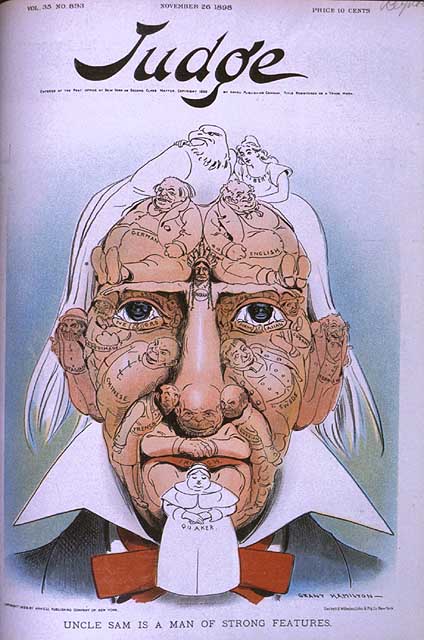The novel deals with many tragic happenings. They occur so frequently and with such intensity that they have a unreal quality. Often the tragedies bare the mark's of the author's craft. What I mean by this is that the tragedy seems placed by the author to create a new branch in the plot. The tragedies are obvious because of their unlikely circumstance and the narrators melodramatic treatment of the situation. One such tragedy is when the family is scammed in the chapter "father becomes a business man". This section illuminates the melodramatic treatment of the novels plot. Upon purchasing the business "tears of thankfulness" fill sara's mother's eyes as her happiness flies "higher and higher". Things have seemed to worked out for the family. However, from the prior structure of promise and tragedy seen in the marriage of the daughters we know it is not going to be true. In the strange passage in which sara knocks over the empty boxes.He mother upon upon realizing that they are empty holds the boxes with an expression on her face "as if she [was holding] something bewitched." This strange tragedy is expected by the reader because of the structure of constant promise and failure. This structure detracts from the novel's realism however it evokes the absurd and grim trials of western folktale and and seem especially akin to the trials of Job. It seems to me that when Yezierska departs from realism it is often in lieu of more archaic forms of storytelling such as the folktale or the fable.
Do you agree or disagree that some of the novel seem's folklorish?
Why or why not?

No comments:
Post a Comment